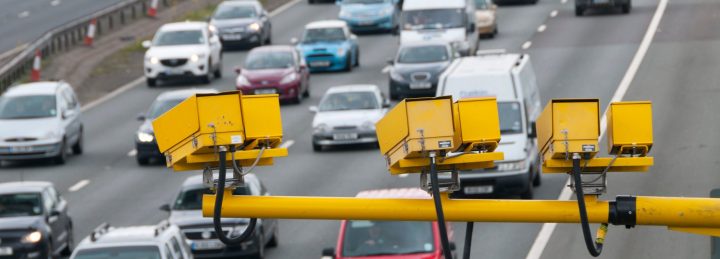The Government threatens to miss its own zero carbon targets for transport, say car makers.
It set out obejectives it wants to attain in a new consultation document last week but critics say it is late, lacks choice, does not address costs and is confusing for vehicle makers.
Mike Hawes, SMMT Chief Executive said, “Automotive is on track to deliver zero emission motoring, so we welcome this long-awaited consultation on a watershed regulation for the UK new car and van market. We want regulation that gives consumers choice and affordability, and enables manufacturers to transition sustainably and competitively.
“While the proposals rightly reflect the sector’s diversity, late publication and lack of regulatory certainty make product planning near impossible, and the continued lack of clarity as to what technologies will be permitted beyond 2030 undermines attempts to secure investment.”
The confusion over power sources could lead to transport fleets having to be dual-deliveries, using BEVs in Britain and e-fuelled lorries and buses abroad, changing at ports before continuing journeys. If no e-fuelling statios are provided in Britain it could seriously affect food and product deliveries from aborad which are time critical and cause more issues for international car travellers and holidaymakers.
British police and other emergency services have also expressed concerns over pure electric vehicles and their range in critical situations where they have to carry heavy equipment, possibly over long distances in more remote areas which are not served by very high capacity charging networks. Initial vehicle costs, in-service performance and residual values are also raising concerns.
“Measures to improve the customer charging experience are a step in the right direction, but the fact that contactless credit or debit card payments will not be available on the vast majority of public chargers is a major failing that will significantly disadvantage EV drivers. It is also disappointing that, unlike in other countries, there is no commensurate regulation to drive investment into the public network given that paucity of chargepoints remains the biggest barrier to buying an electric vehicle. Ultimately, for this mandate to be successful, infrastructure providers must now turn promises into investment and catch up with the commitments of vehicle manufacturers.
“The UK new car and van market is already moving at pace towards electrification, the result of massive investment by manufacturers and increased consumer demand. If the UK is to lead the global race to zero emission mobility, however, it must go further and faster in unlocking infrastructure investment, incentivising EV ownership and helping ensure more of these vehicles are developed and built in Britain.”


